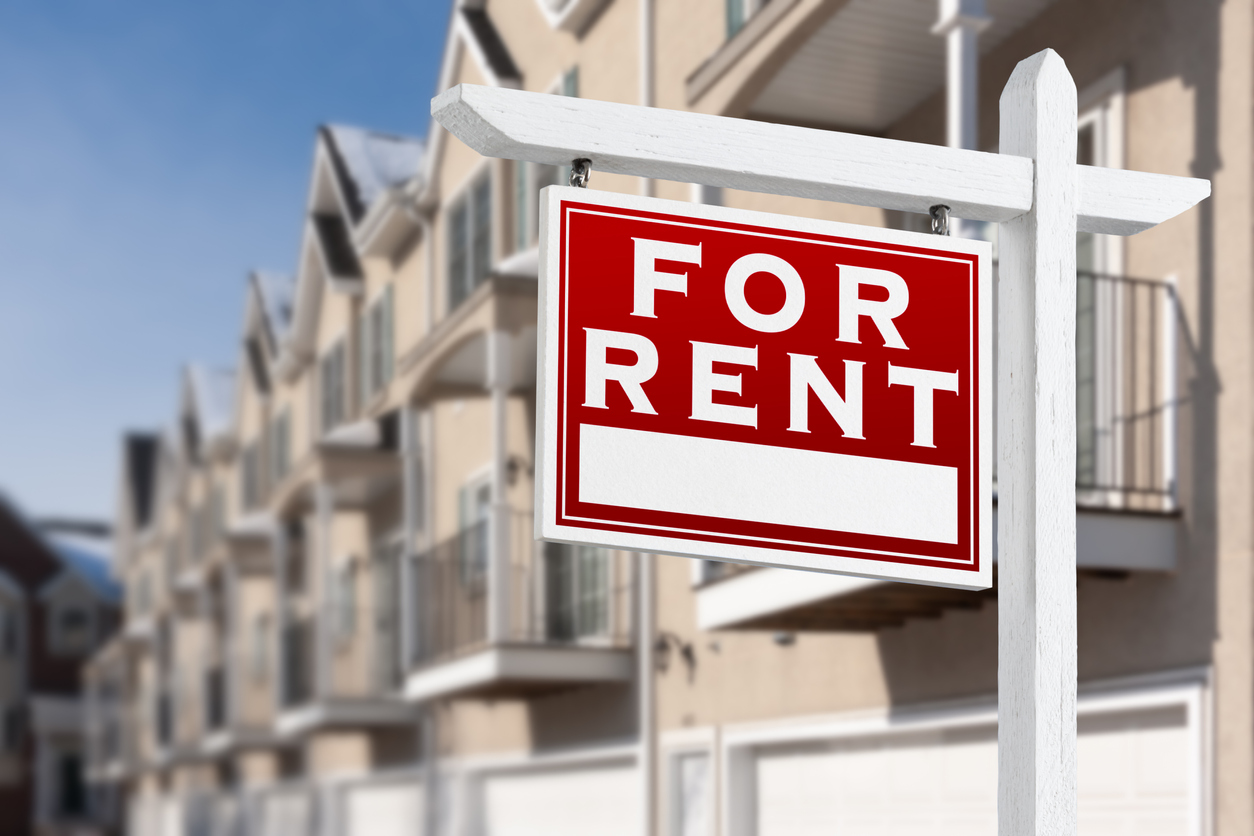Governor Inslee wasted no time churning out a press release touting CNBC’s ranking of Washington as the #1 state for business. He vowed to continue pushing the policies he credits with pushing Washington to the top of list:
“My top priority as governor is to continue to nurture our thriving economic climate that spurs job growth and keeps us at the top echelon for years to come. We know that a cleaner planet, happy and healthy workers and a growing economy can go hand-in-hand.”
What Governor Inslee’s press release didn’t do was go into the details of the CNBC ranking. While CNBC did give Washington the highest overall ranking, the state didn’t fare nearly as well on two of the 10 most important categories of business climate competitiveness. Washington ranked a dismal 32nd when it comes to the cost of doing business and 31st in business friendliness. Clearly the state's heavy regulatory burden and seemingly endless labor mandates come with high costs.
The state also ranked poorly (32nd) for the condition of our roads and endless traffic jams, and even worse for our high cost of living (37th).
Our state’s skilled and educated workforce, strong economy, investments in technology and innovation, great quality of life and access to capital helped override the crummy rankings to push Washington to the top of CNBC’s list.
It is also worth noting CNBC’s unique methodology of weighting the 10 categories based on how frequently a state uses each category as a selling point in state economic development marketing materials. The more states cite a particular category as a selling point, the more weight that category carries. For example, right now states are focusing heavily on trying to sell businesses on their workforce, so the workforce category carries the most possible points this year.
Given Washington’s uber-skilled workforce, the state garners major points in that top-weighted category.
So while Washington may rank #1 in CNBC’s overall score, it is important to understand just how poorly the state ranks in the categories that have the greatest impact on small employers. Quality of life, skilled workers, access to capital and a tech-driven economy may be great selling points for large, corporate employers the state is trying to entice into locating or expanding here. Companies like Amazon, Costco and Microsoft clearly value those benchmarks, and it is great that Washington checks all of their boxes.
But for the state’s small mom and pop businesses, many of whom are family-run, employ just a few workers and operate on razor thin profit margins, things like the quality of life, the number of skilled aerospace workers and number of patents filed each year don’t have a direct impact on them. They didn’t move to this state to start a business; this is their home. They started a business because they want to accomplish something more than working for Amazon, Costco or Microsoft. They want to contribute to their community, chase their entrepreneurial dream or maybe just be their own boss.
For these Main Street businesses, the costs of running their business and the state’s appreciation for what they contribute to Washington’s economy are what matter most.
In these categories, the CNBC rankings confirm Washington could clearly do better.





